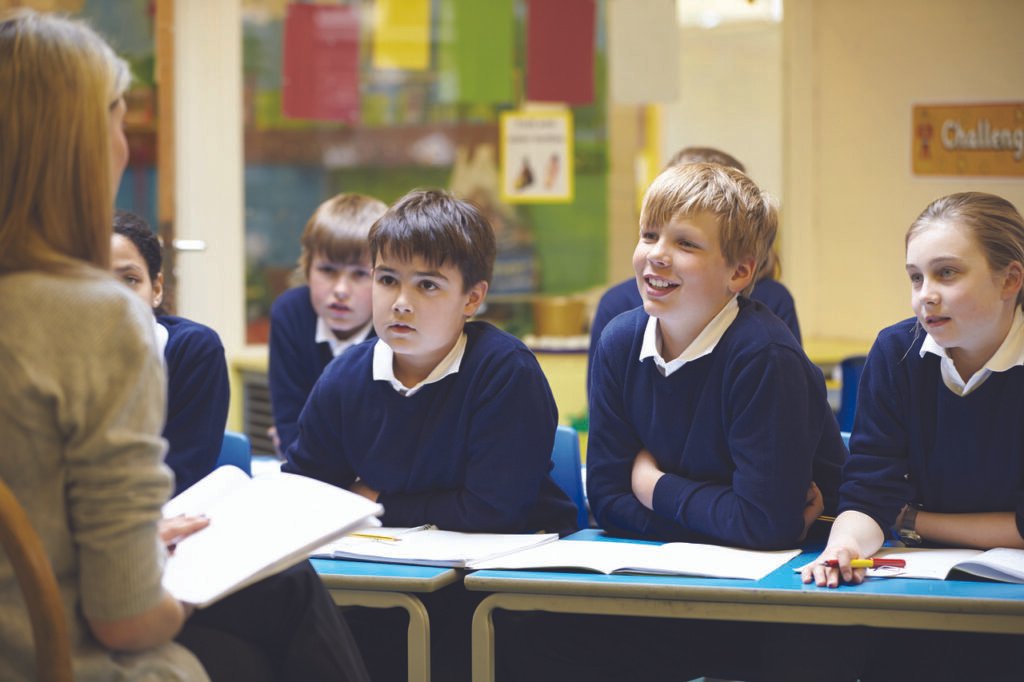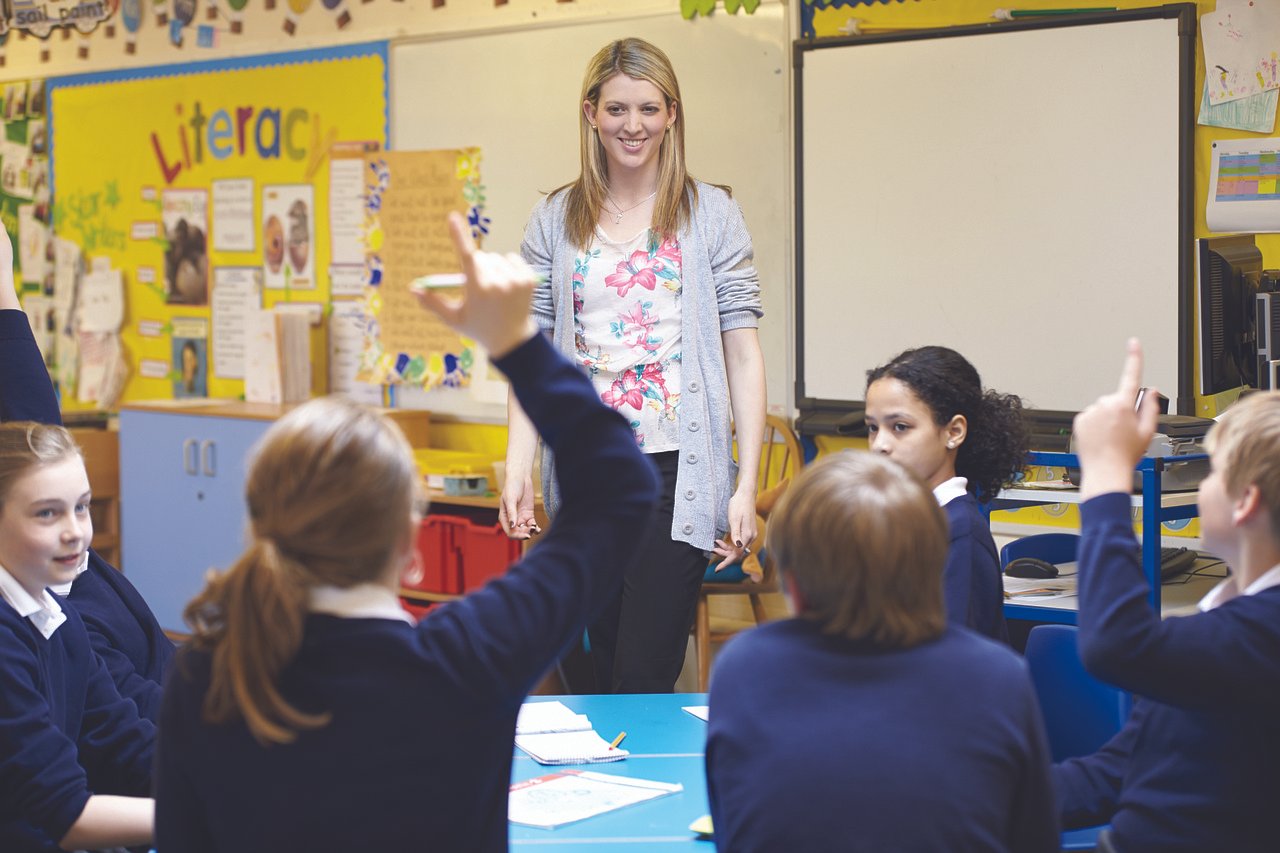An opportunity has been presented by the break in editorial activities this summer to review a few of last year’s top blog entries. It appears that much attention was drawn towards blogs on the global learning crisis triggered by COVID-19, and the associated responses meant to help get children back in school and recover lost learning. Concerning this, blogs on educational systems in the Democratic Republic of Congo (DRC), school leadership, and the role of technology in improving teacher preparation, respectively, have attracted much interest. Below, glimpses of some of our best blogs of the past year.

Free Primary Schooling in the DRC: Where Are We in Reform?
Public primary schooling was long not free in the Democratic Republic of Congo (DR Congo). Until 2019, families paid for their own children to attend public primary school-an anachronism of the hard times of the 1980s. At that time, fees had been introduced to assist remuneration of teachers and school operation in cover of diminished government funds for education and recurrent teacher strikes. Time would go on, and it could be assumed that residents would go on footing these expenses to ensure the smooth operation of the education system even as the state began a gradual collapse. This blog aims to look into the ongoing reforms and progress in providing free primary schooling in the DRC which would mean the education landscape in the country in the future.
- Will This Crisis Make Us Rethink School Leadership? Insights from a South-South Exchange
The COVID-19 pandemic forced school leaders to shoulder a more central role in navigating uncertainty. As of February 2022, about 27% of countries still had their schools partially or fully closed, leaving millions of students to fall far behind in their learning. This blog presents the insights from a South-South exchange where school leaders met to discuss the unique challenges they were facing and the opportunities that appeared for shaping an educational system that is beyond resilience post-crisis. The pandemic has given rise to new expectations for school leadership and has never called for a more urgent time for rethinking and redefining effective school leadership. Our blog advances from strategies of leadership during crises: leading with resilience to learning recovery. - Facilitating the Enhancement of Teacher Professional Development Through the Use of Education Technology: Study and Experiments from Global Innovations
Teachers are considered the wheel on which learning progresses to such an extent that they are indispensable to this success; the more recent challenge, which was unprecedented, was to adapt and evolve swiftly around the paradigm changes, attributed to the COVID-19 pandemic. In many places, teachers had to switch to remote learning overnight with minimal or no training, and very often they had little or no resources to make it possible for them to teach remotely. This blog is about the important role technology can play in enhancing Teacher Professional Development (TPD) for teachers to pass on the required tools and support. If the service presently available to students continues to rise, a parallel need has emerged now to encourage teachers in the field of effectively integrating technology into their lessons. From personalized learning platforms to online workshops, this blog points out several innovative ways to support teachers in professional growth. - Menstrual Health and Hygiene: What role can schools play?
Menstruation is a major barrier for girls’ education all over the world. Research findings show that the lack of resources and support girls have towards their menstrual health leads to missing school during their menstruation. In sub-Saharan Africa, one out of every 10 girls is absent from school because of menstruation. In countries such as Ethiopia and Kenya, studies have shown that girls are missing at least 1 – 4 days of school every month because of their menstrual-related challenges. Our blog discusses how schools can address this by providing education on reproductive health, access to sanitary products, and a supportive environment. A large stake in the issue of menstrual health is girls being let to attend school without breaking it in any way in terms of capacity. - Learning Recovery Plan for Europe and Central Asia
The situation created by the COVID-19 pandemic has not only shattered every education system in practically every country but has also precipitated a global learning crisis. Nonetheless, the number of children attending school at the global level has never been higher. We explore the situation in Europe and Central Asia, which is found to be in various phases of the development of strategies to mitigate learning losses. One of the critical issues that we address is whether increases in the number of years of schooling are likely to bring about improvements in learning outcomes. Enrollment rates might not have had the strong positive effect on learning outcomes that would have been expected because of the pandemic; hence, the need for equitable tailoring of learning recovery plans. This blog gives insights into the challenges and opportunities for learning recovery within that region and how countries can ensure that all students take advantage of the advances and dimensions in education that accompany the 21st century.
When we dissect between these most popular blog posts, it is clearly education that takes precedence in the context of healing the pandemic, providing all a fair access to quality education, and reconstructing school systems for a post-crisis world. This emphasis demonstrates eagerness and what is being done to ensure that children’s learning and thrive regardless of circumstances will not be compromised.

